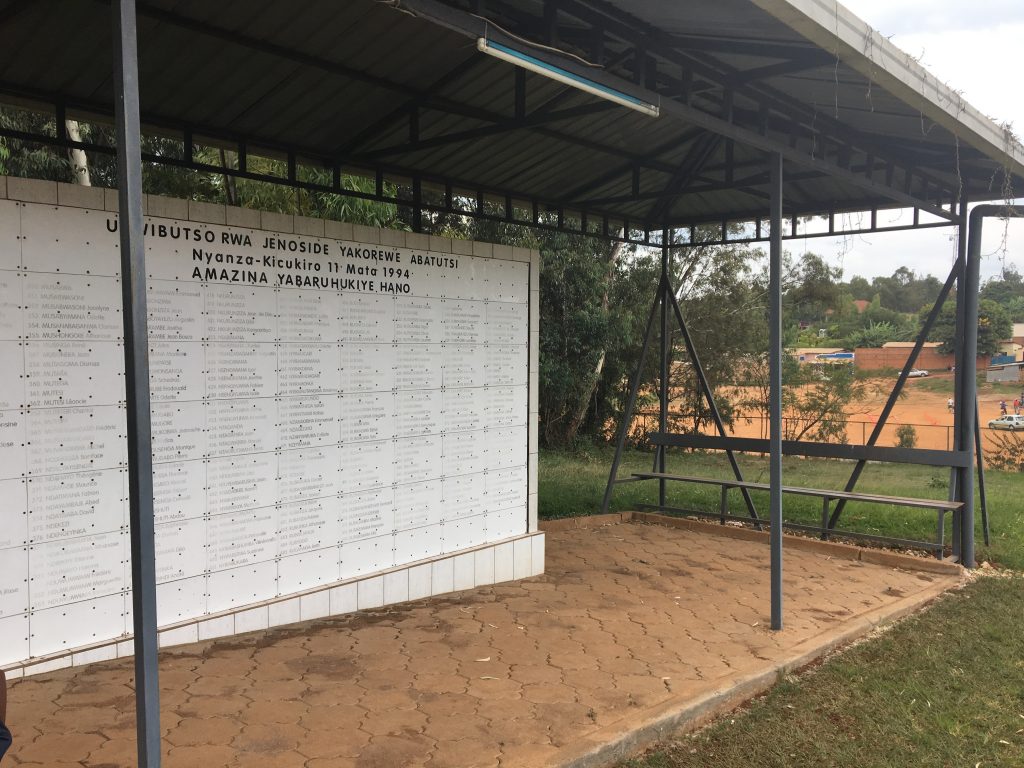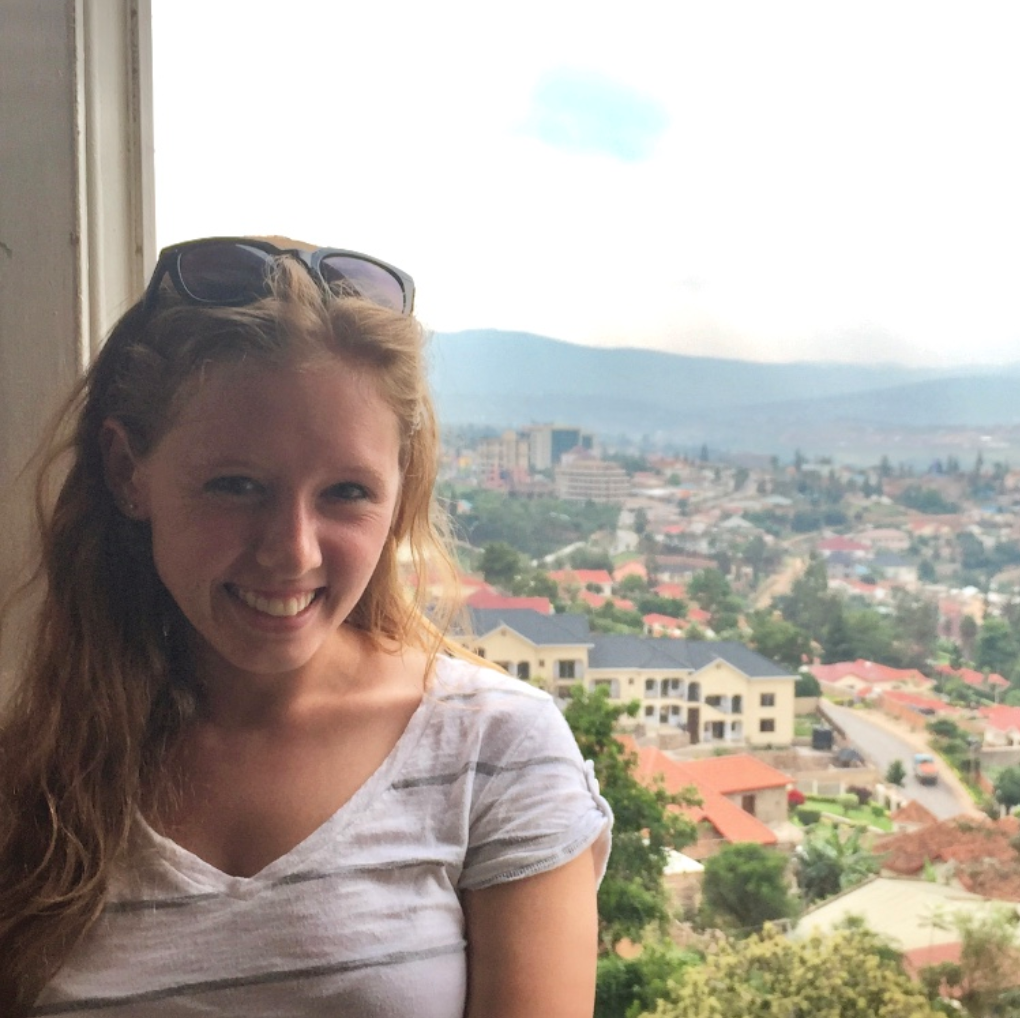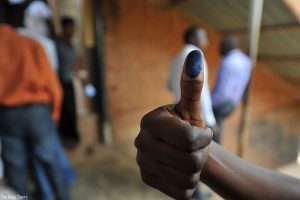In April of 1994, genocide began in Rwanda. More than one million Tutsi were killed over the course of a mere 100 days; the lasting impact of this violence is immeasurable. Each year, beginning on April 7th, Rwandans across the world come together to reflect and commemorate during the annual Kwibuka remembrance period.




